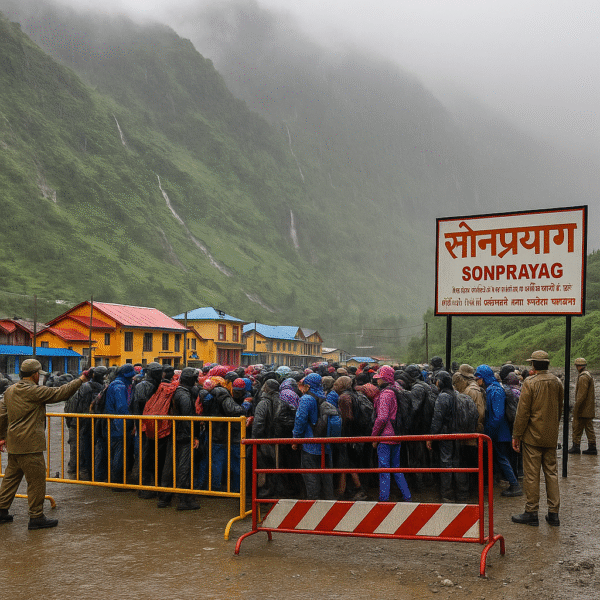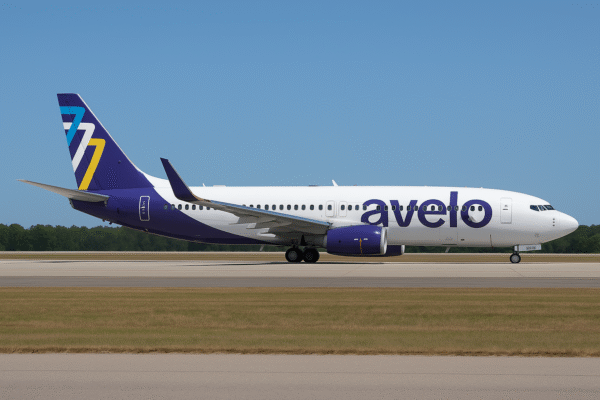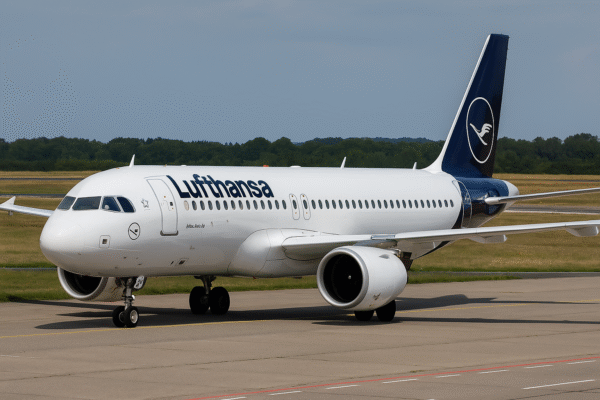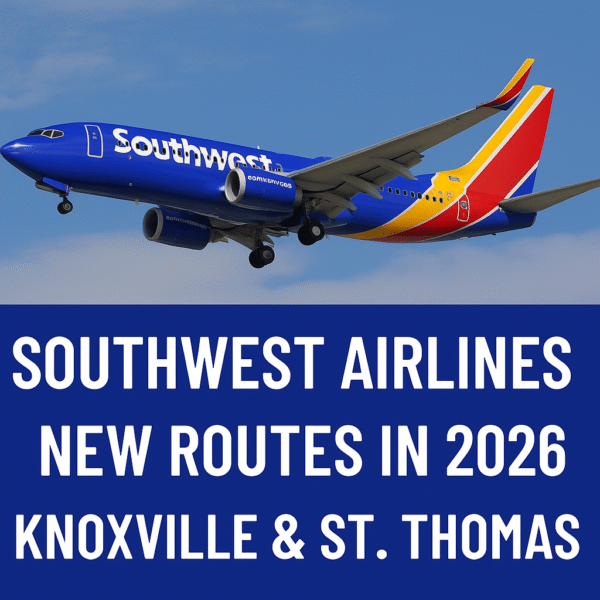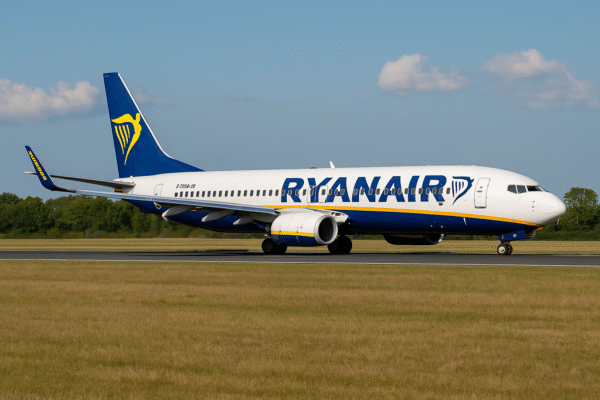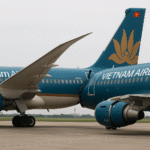Delta Air Lines Hit by Widespread Disruptions as June 29 Storm Grounds Flights Across Major U.S. Airports
In a severe blow to summer travel plans, Delta Air Lines faced massive operational disruptions on June 29, 2025, as a strong storm swept across large parts of the United States. The storm system, characterized by freezing rain, high winds, and reduced visibility, triggered widespread cancellations and delays at several of the carrier’s major domestic hubs. Over 1,500 Delta-operated flights were delayed or canceled, impacting passengers at airports including Atlanta (ATL), New York JFK (JFK), Dallas-Fort Worth (DFW), Chicago O’Hare (ORD), and more.
This latest weather event underscores the vulnerability of summer air travel to climate disruptions, particularly as passenger volumes approach pre-pandemic levels amid the Fourth of July travel rush.
Atlanta and Other Hubs Bear the Brunt
Hartsfield-Jackson Atlanta International Airport (ATL), Delta’s primary global hub, saw the most significant disruption. A staggering 377 flights were delayed and 30 were canceled due to severe weather conditions and airspace flow restrictions. Long queues at security checkpoints, baggage claim areas, and rebooking desks compounded the frustration for travelers hoping to begin their summer holidays.
Delta’s operations team in Atlanta activated its Irregular Operations (IROPS) protocol, working overnight to re-accommodate affected passengers. However, high demand for alternate routes and ongoing weather uncertainty have slowed recovery efforts.
Detailed Breakdown of Affected Airports
John F. Kennedy International Airport (JFK), New York:
JFK recorded 29 Delta delays and six cancellations, mainly affecting transatlantic and transcontinental routes. Low visibility and crosswinds disrupted runway activity throughout the day.
Dallas-Fort Worth International Airport (DFW), Texas:
Although not a Delta hub, DFW saw notable delays to connecting flights, impacting Delta’s partner operations and code-share routes, especially for passengers heading to the West Coast.
Chicago O’Hare International Airport (ORD), Illinois:
With 48 delayed and five canceled Delta flights, operations at O’Hare faced ground delays due to air traffic congestion and poor weather over the Great Lakes.
Detroit Metropolitan Wayne County Airport (DTW), Michigan:
DTW, another Delta stronghold, experienced 52 delays and 11 cancellations, affecting both domestic and Canadian connections.
Boston Logan International Airport (BOS), Massachusetts:
Logan saw 33 Delta delays and nine cancellations, as fog and wind shear impacted runway throughput. Weather-related taxiway congestion also slowed boarding and deplaning.
Charlotte Douglas International Airport (CLT), North Carolina:
CLT was among the least affected, with only three delays and no cancellations reported. Delta operations continued relatively smoothly, although delays were primarily due to inbound aircraft affected elsewhere.
LaGuardia Airport (LGA), New York:
At LGA, Delta encountered 46 delays and four cancellations. Congestion and limited runway capacity, combined with the storm’s residual effects, created delays across multiple short-haul routes.
Washington, D.C. Airports – Reagan National (DCA) and Dulles (IAD):
Reagan National reported 49 delays and two cancellations, while Dulles had 16 delays and one cancellation, mostly linked to East Coast and Southeast connections.
Los Angeles International Airport (LAX), California & San Francisco International Airport (SFO), California:
Flight delays at West Coast airports like LAX and SFO were largely downstream effects of disruptions at East Coast hubs. Gate availability and aircraft repositioning created ripple effects that pushed delays into the night.
Fort Lauderdale-Hollywood International Airport (FLL), Florida:
Delta’s operations at FLL experienced minor disruptions as the storm system weakened over the Southeast, allowing for more stable operations by late evening.
Passenger Support and Response Measures
Delta Air Lines has activated its customer support channels, including the Fly Delta app and airport rebooking counters, to help affected travelers. Passengers are being offered complimentary changes, hotel accommodations where applicable, and rebooking for later dates. However, the airline has acknowledged that hotel capacity near major airports is strained due to holiday season travel.
In a statement, Delta emphasized its commitment to passenger safety and efficient recovery:
“Safety is always our top priority. Our teams across the country are working around the clock to minimize disruptions and rebook affected passengers as quickly as possible.”
The airline has advised travelers flying through the affected airports to check their flight status frequently and arrive early, especially as summer traffic is expected to peak through July 4.
Meteorologists Warn of Continued Instability
According to the U.S. National Weather Service, the storm system responsible for the disruptions is expected to linger in parts of the Midwest and Northeast through early July, potentially causing further delays. High-altitude wind shear, scattered thunderstorms, and residual low-pressure patterns are forecasted to complicate airline recovery through July 2.
Travel experts recommend that passengers monitor weather updates closely, book flexible fares, and opt-in for airline travel alerts via SMS or email.
Conclusion
The June 29 storm has served as a sobering reminder of the delicate balance between nature and modern travel. As Delta Air Lines works to restore its schedule amid challenging weather and peak holiday demand, passengers are urged to remain flexible and informed. With climate-driven weather events on the rise, airlines and travelers alike must prepare for increasingly unpredictable summer travel seasons.
For more travel news like this, keep reading Global Travel Wire







